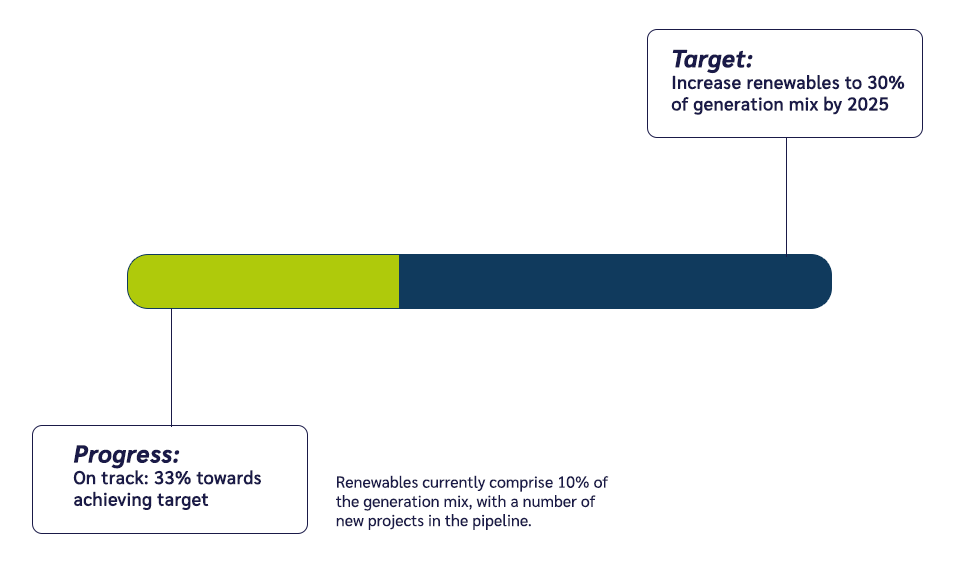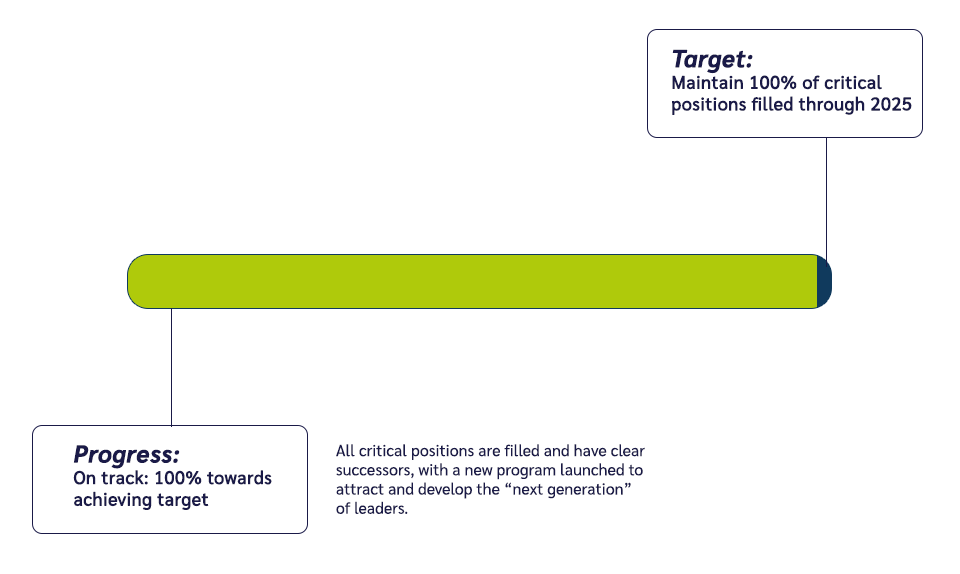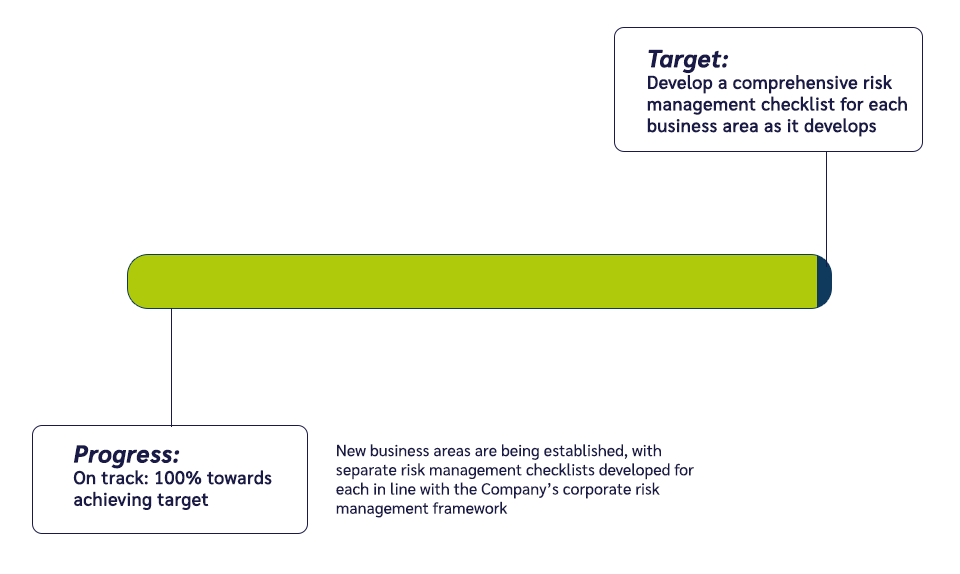Material Issues
Climate change
Climate change is a significant issue for the energy industry, especially for power producers such as Gulf as it may result in both physical and transitional impacts to business operations. These impacts include, for example, impacts to water sources resulting in drought, the possibility of more severe natural disasters, or the potential for the creation of new policies like carbon taxes.
The Company has established a climate strategy in line with its business strategies and current global trends in order to ensure that the Company is prepared to handle climate change and the potential impacts that may result. The strategy focuses on reducing the proportion of electricity generated through combustion through increasing investment in renewable energy and other related businesses. Significantly, the Company has implemented a No Coal Policy to reinforce its corporate commitment to grow the business sustainably and provide clean and safe energy to the society.
The Company’s climate management strategies include :
- Reducing energy consumption in the production process
- Participating in the Carbon Footprint program
- Investing in renewable energy projects
- Promoting innovation in operations
- Selling steam and chilled water to industrial users
 Human Capital Management
Human Capital Management
The Company is aware that business success is highly dependent on human capital. Gulf believes that leading internationally-recognized companies are not those that achieve only financial success but rather are those companies that can develop “capable” and “responsible” who create value for and make positive contributions to society. Thus, the Company has developed human resources policies that prioritize the development of “good people” by fostering the Company’s core values which emphasize teamwork, learning and adaptation for the current and future success of the Company.
Gulf is determined to develop highly capable employees who can support the continued growth of the organization while recognizing the importance of strict compliance with various regulations and upholding the principles of good corporate governance and responsibility to the environment and society. The Company regularly evaluates its employees to analyze their potential and improves its learning and development programs accordingly. The Company has also developed training programs for new and existing employees to prepare them for whatever changes the future may bring.
Our strategies for ensuring sustainable success through appropriate human capital management include:
- Making it a priority to attract and retain high potential personnel
- Supporting employee development at all levels to prepare for potential changes to the organization
- Ensuring strong occupational health and safety practices
 Risk & Crisis Management
Risk & Crisis Management
Gulf recognizes that good risk management is vital for the success of a business. An adequate process allows the Company to identify both risks that could result in negative impacts and opportunities that could result in positive impacts to the business or its stakeholders. Being able to mitigate risks and capitalize on opportunities is a key step in steering the Company towards greater growth. The Company has developed a risk management process in line with COSO standards which covers strategic, financial, operational and compliance risks as well as ESG (environmental, social, governance) risks and emerging risks.
As part of its crisis management process, the Company developed a business continuity plan which serves as a guide to help the Company prepare appropriate responses to potential threats which may impact its operations, image or reputation, or which may damage investor confidence, in order to mitigate any impacts that may occur during times of emergency or crisis and ensure the Company can resume normal operations. This is an important step in helping the Company build resilience and not just survive but grow through challenges.
Risk & crisis management has become especially important for Gulf as the Company seeks to expand into new geographical areas, new markets, and new business areas such as renewable energy and infrastructure. As such, we work to embed and foster a strong risk management culture throughout the organization to ensure the employees, individually, and the Company, as a whole, are ready to handle whatever changes the future brings and leverage our strengths to build on opportunities for strong and sustainable growth.

 Human Capital Management
Human Capital Management
 Risk & Crisis Management
Risk & Crisis Management

